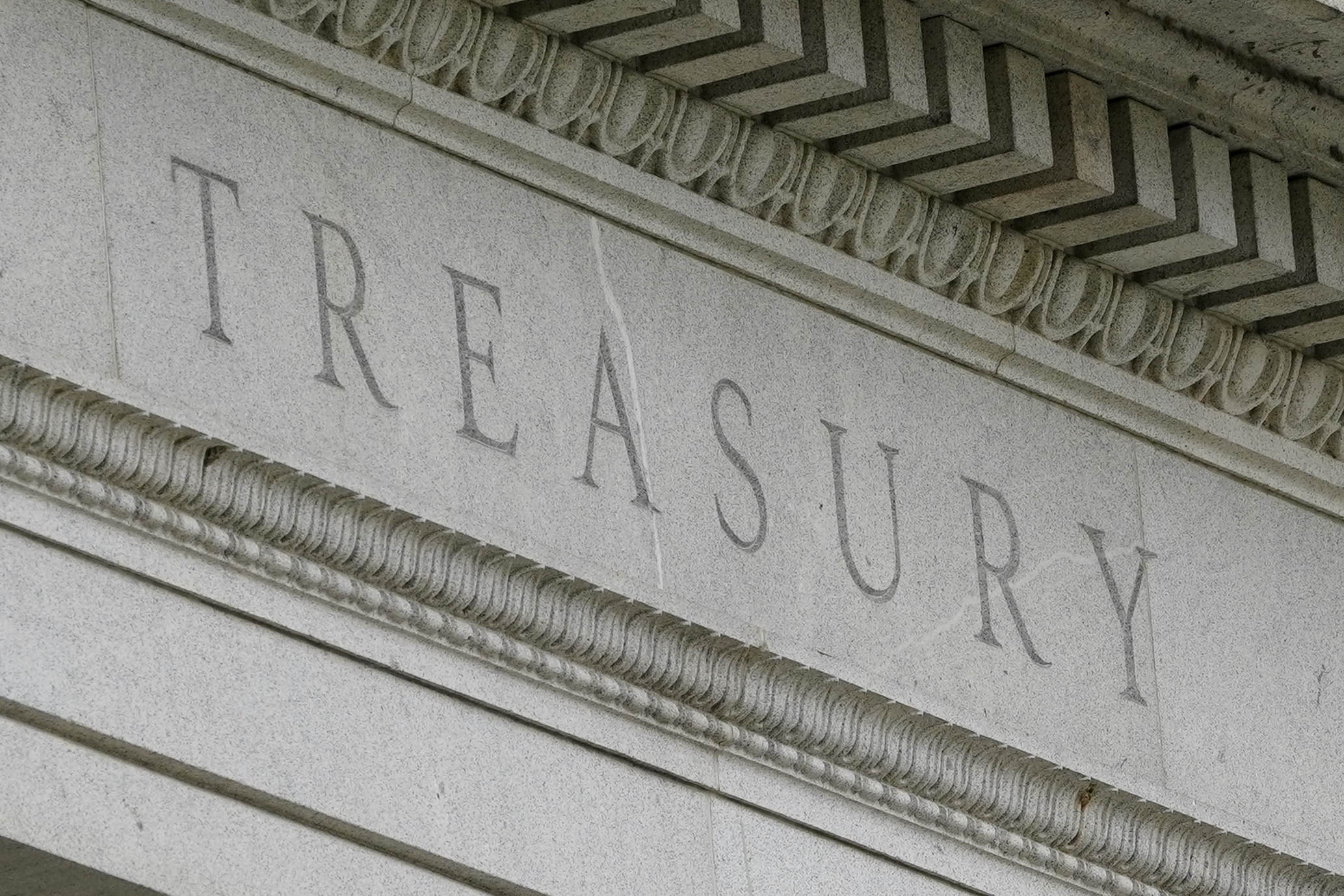The lurking Chinese and American challenges that could pose a risk to the global economy


A free daily email with the biggest news stories of the day – and the best features from TheWeek.com
You are now subscribed
Your newsletter sign-up was successful
As things stand, the U.S. and global economies are in fairly good shape after bouncing back from the pandemic-fueled downturn, The New York Times reports. Growth may not be quite as explosive as previously thought — the Organization for Economic Cooperation and Development lowered its projection for global economic growth in 2022 from 5.7 percent to 4.5 percent and 6 percent to 3.9 percent for the U.S. — but economists aren't panicking. "We've had liftoff and now we're at cruising altitude," Beth Ann Bovino, the chief U.S. economist at S&P Global, told the Times.
But there are still some factors that could knock the smooth-ish ride off course. The supply chain is experiencing significant difficulties, and labor shortages are hampering some sectors. Meanwhile, people remain concerned about the emergence of new COVID-19 variants. And then there are the risks "that lurk in the background," the Times writes.
These include the "debt ceiling brinkmanship" that's playing out among American lawmakers. Most analysts think it's highly unlikely the Republican-Democrat standoff will reach the point where the U.S. defaults, but the chances aren't negligible, and if it were to happen, it could spark a global financial crisis.
The Week
Escape your echo chamber. Get the facts behind the news, plus analysis from multiple perspectives.

Sign up for The Week's Free Newsletters
From our morning news briefing to a weekly Good News Newsletter, get the best of The Week delivered directly to your inbox.
From our morning news briefing to a weekly Good News Newsletter, get the best of The Week delivered directly to your inbox.
China, the world's second largest economy, is also facing potential challenges, namely the fact that property developer Evergrande is struggling to make payments on $300 million worth of debt. There does appear to be a little bit of breathing room there, though, because China's banking and financial system is "largely self-contained," per the Times. So, economists don't expect a global fallout based on what happens there. Read more at The New York Times.
A free daily email with the biggest news stories of the day – and the best features from TheWeek.com
Tim is a staff writer at The Week and has contributed to Bedford and Bowery and The New York Transatlantic. He is a graduate of Occidental College and NYU's journalism school. Tim enjoys writing about baseball, Europe, and extinct megafauna. He lives in New York City.
